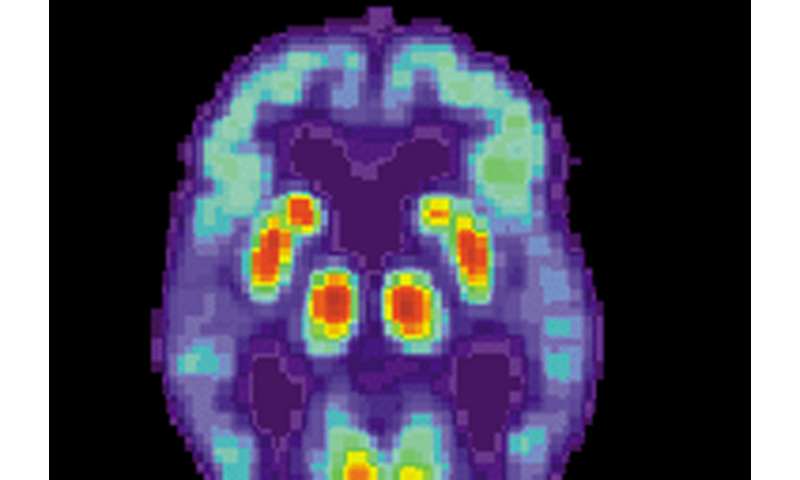
Much of the research on the underlying causes of Alzheimer’s disease focuses on amyloid beta (Aß), a protein that accumulates in the brain as the disease progresses. Excess Aß proteins form clumps or “plaques” that disrupt communication between brain cells and trigger inflammation, eventually leading to widespread loss of neurons and brain tissue.
Aß plaques will continue to be a major focus for Alzheimer’s researchers. However, new work by neuroscientists at the University of Chicago looks at another process that plays an underappreciated role in the progression of the disease.
In a new study published in the Journal of…


























